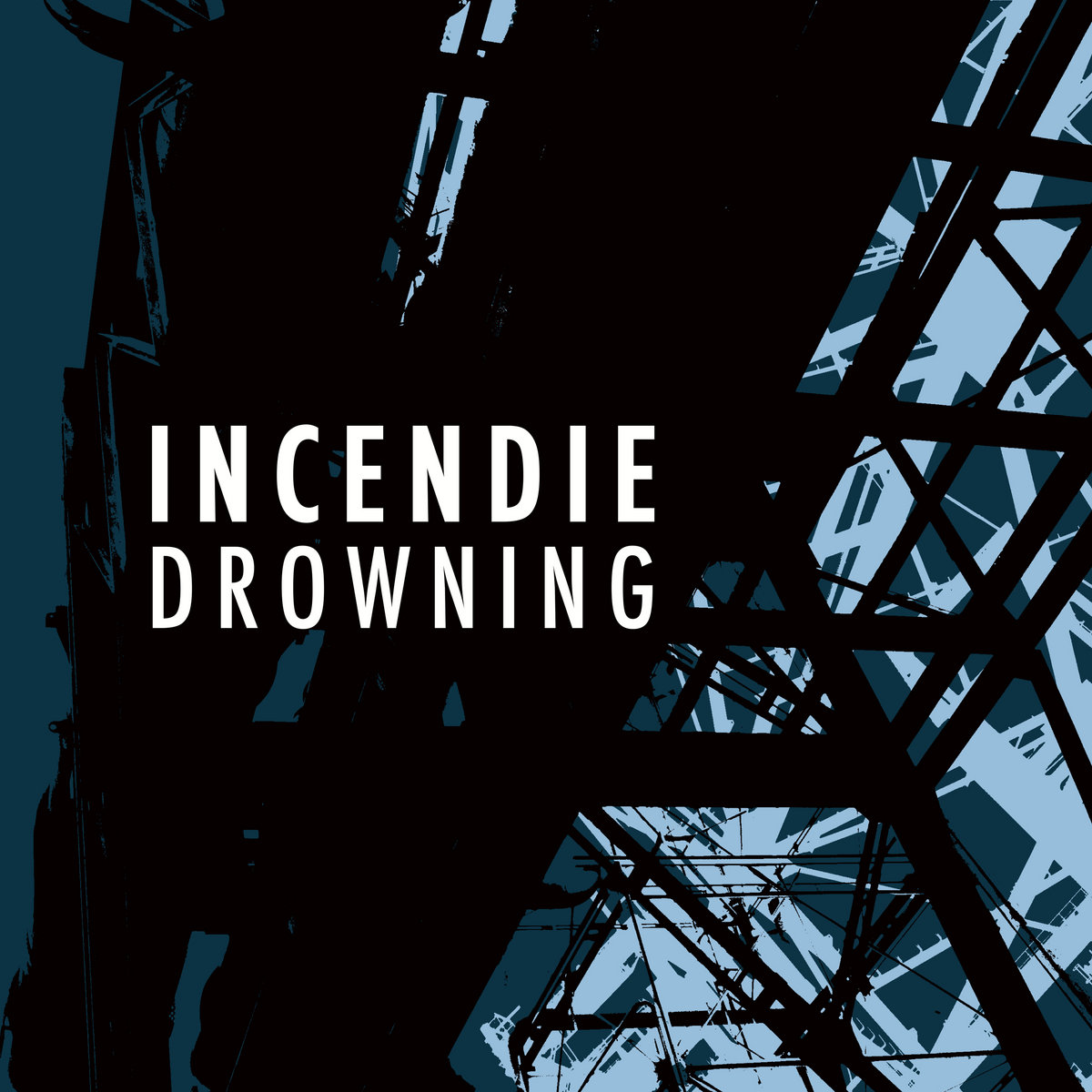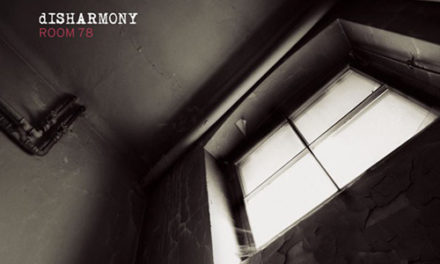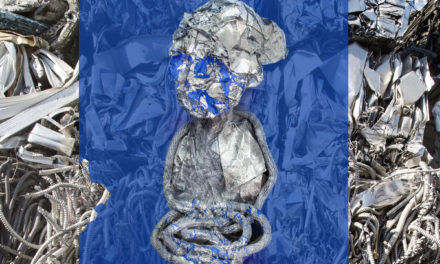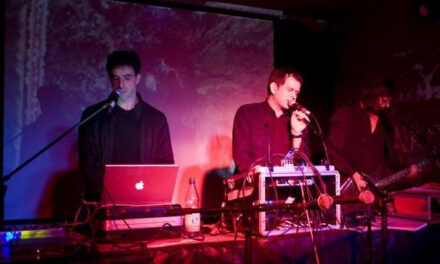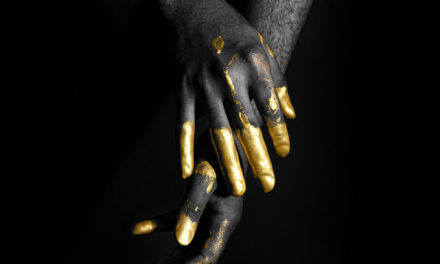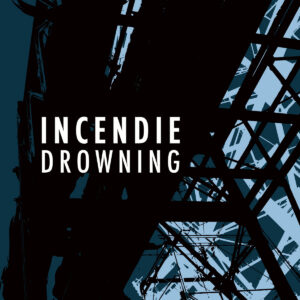
Incendie
Drowning
Hands Productions
Arthur Budet’s work first came across our desk as one half of A.T.T. Corp, whose intriguing debut saw Budet testing links between the earliest iterations of industrial and a range of current production styles alongside Thomas Chalandon (Imperial Black Unit, Templər). An tape by Budet’s solo Incendie project on X-IMG fell well within that label’s remit of modern club-focused techno-body music, but the new LP from Incendie sprawls out in far wider directions to mixed results.
That Drowning appears on Hands Productions is no accident; there’s a clear debt to the label’s legacy as a pillar of rhythmic noise in much of the record’s dense, distorted percussion. However, the modern club world Budet’s kept a hand in, as well the uncompromising experimentation A.T.T. Corp is drawn to, all make their presence felt as well. In drawing connections and making contrasts between all of these various points of reference, Drowning makes for a varied listen: a well paced, wormy cyber banger like “A Day Before” sits right alongside the sprained, Pure Ground-like gasps of “Ancestral Memories” which hearkens back to the roots of power electronics and death industrial.
But when trying to cross the streams within the same track, Budet encounters some dilemmas. In paying homage to Klinik-like sterility, one can’t help but notice “Fatal Attraction”‘s lack of the sort of ambient noise which is often used to flesh out the sort of dark techno ethos it’s also aiming for. “Needles”, despite some very engaging drum programming, tries to split the difference between an icy dark techno thriller and a vintage rhythmic noise endurance test, and stays in neutral as a result. Other tracks align aim and instrumentation perfectly: “Rorshar’s Farewell” is a slickly produced but cannily subtle take on high-gloss rhythmic industrial in the vein of ESA, which shows off just enough of its own flair and character while sitting alongside more modernly monochrome TBM cuts.
Budet’s collaborator Chalandon field tested some similar hybridizations with Templər’s Myth And Consequences, and while it played things slightly more conservatively than Drowning, with much of it holding closer to traditional rhythmic noise, its subtler tweaks to that genre felt more effective for that. This isn’t to say that the sort of efforts Budet makes here are in vain as some of his more successful experiments show, just that despite the commonalities between the eras and genres he’s drawing upon, getting the formula right while blending them is still tricky.

